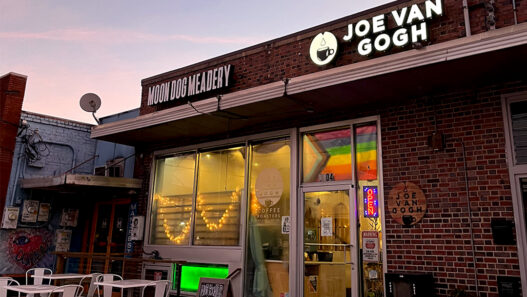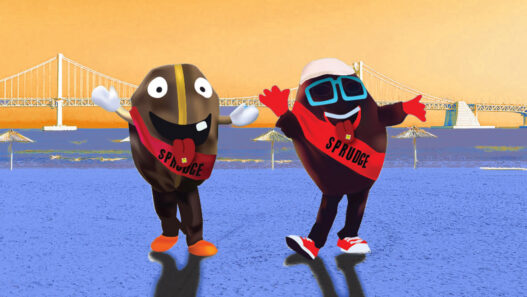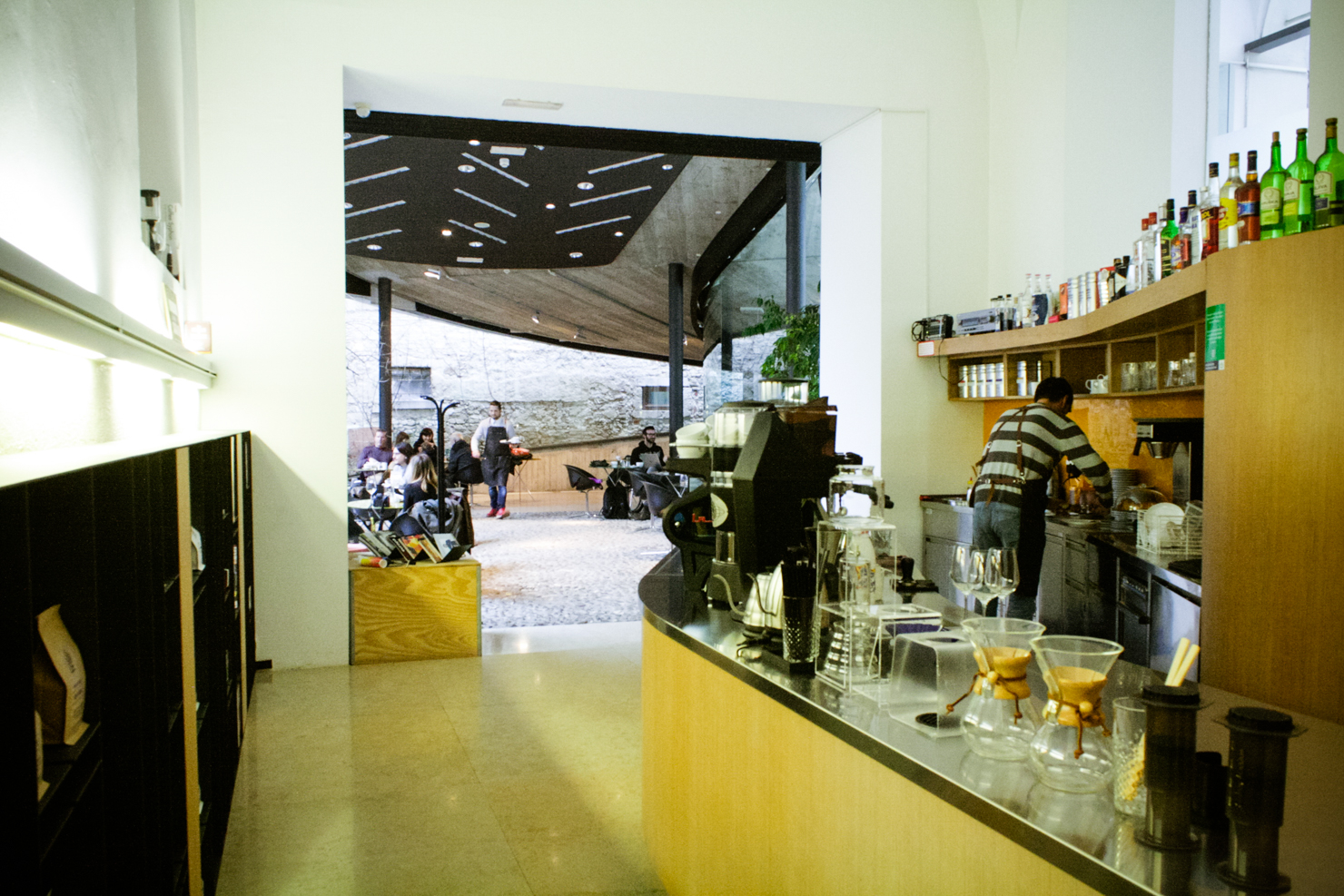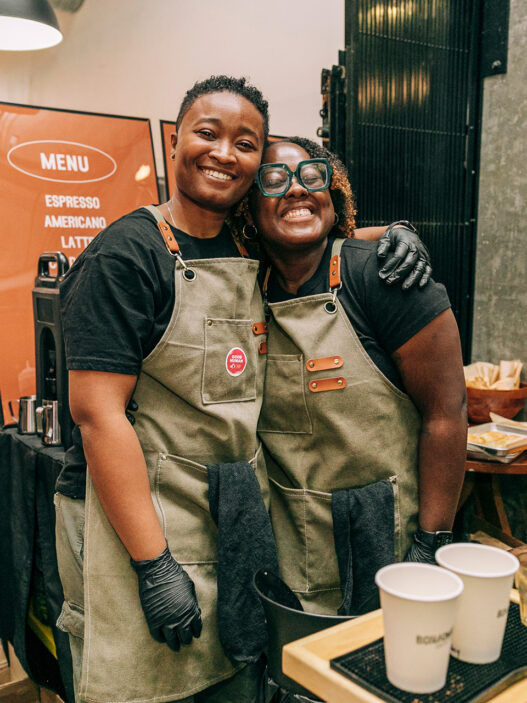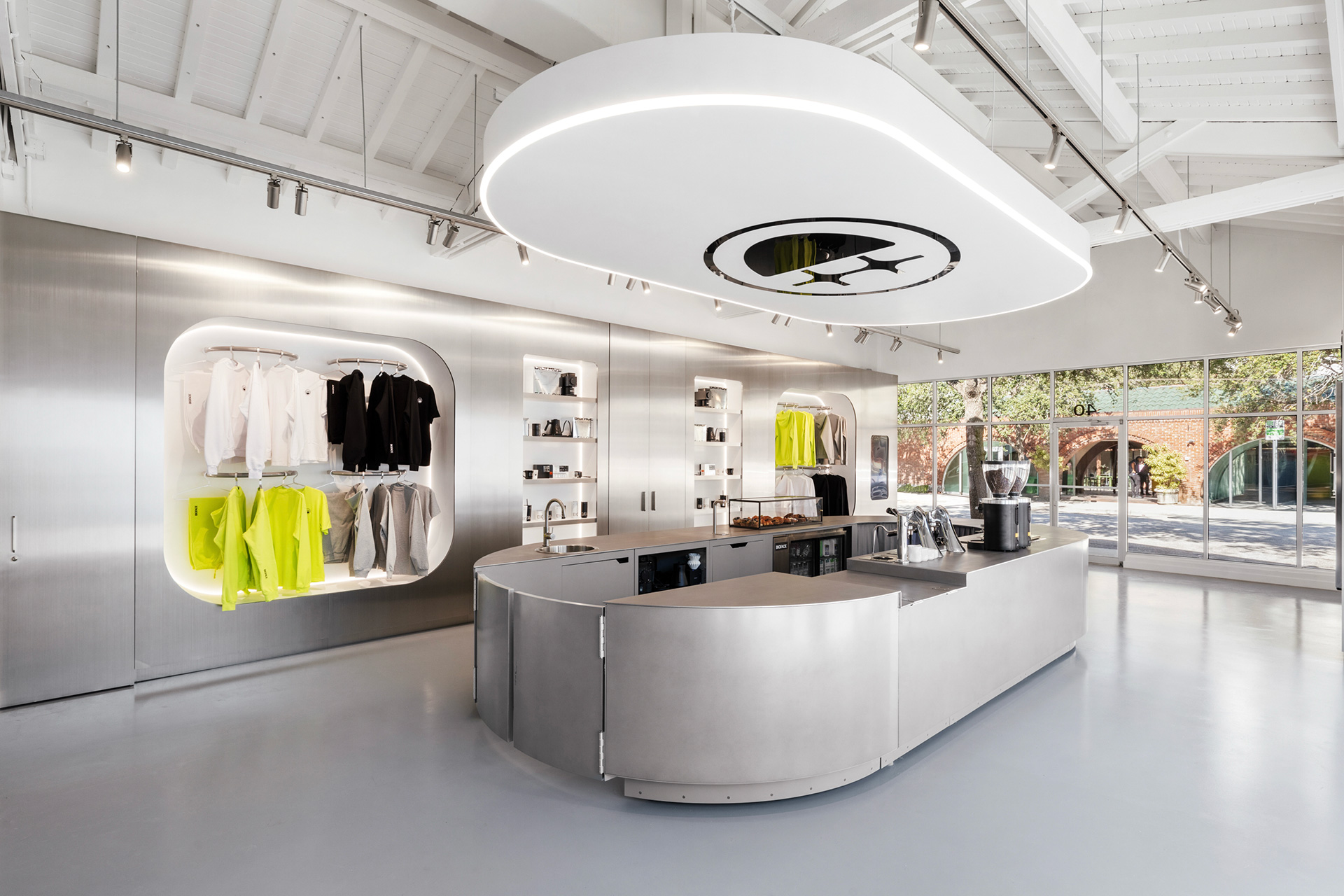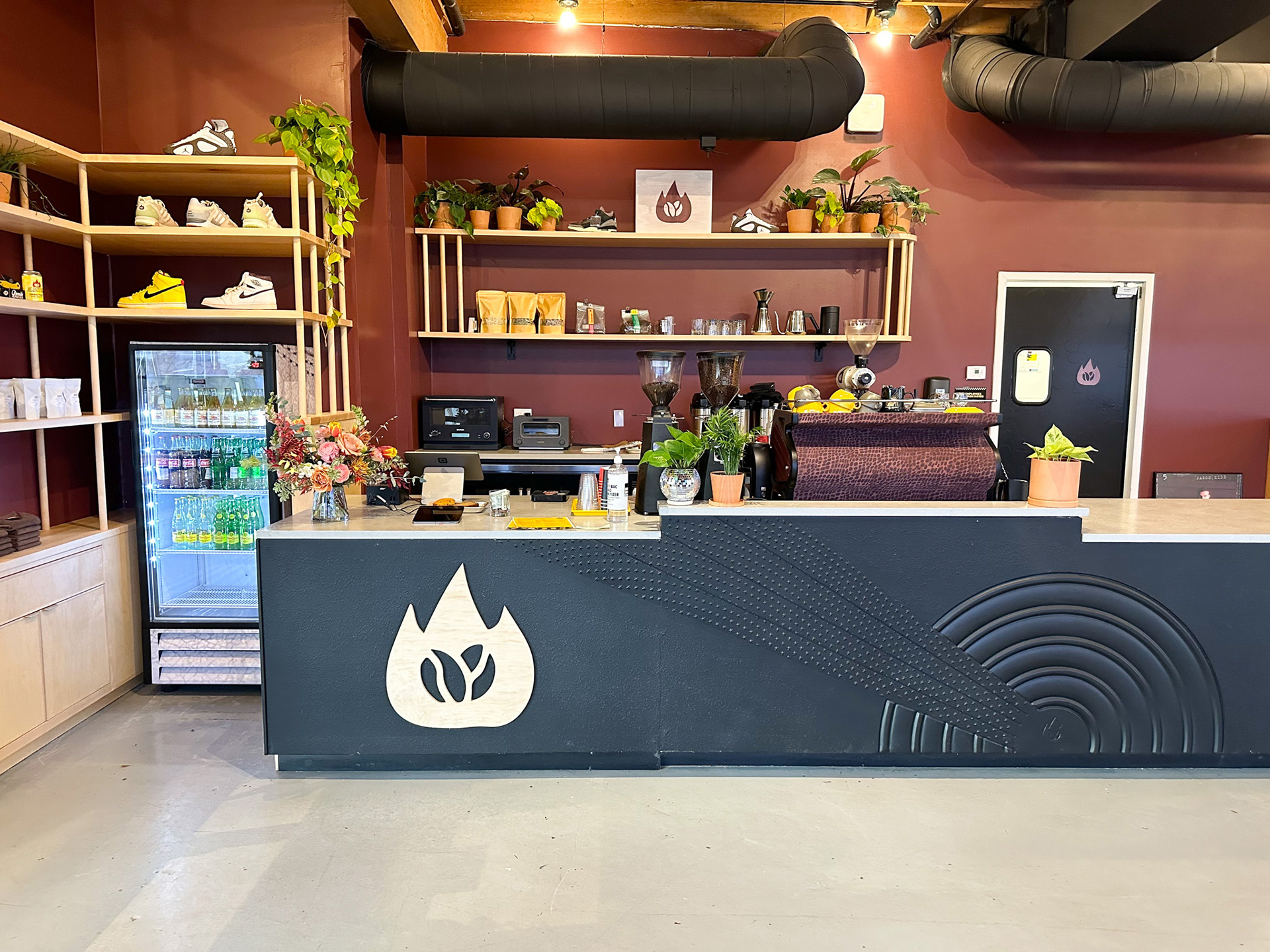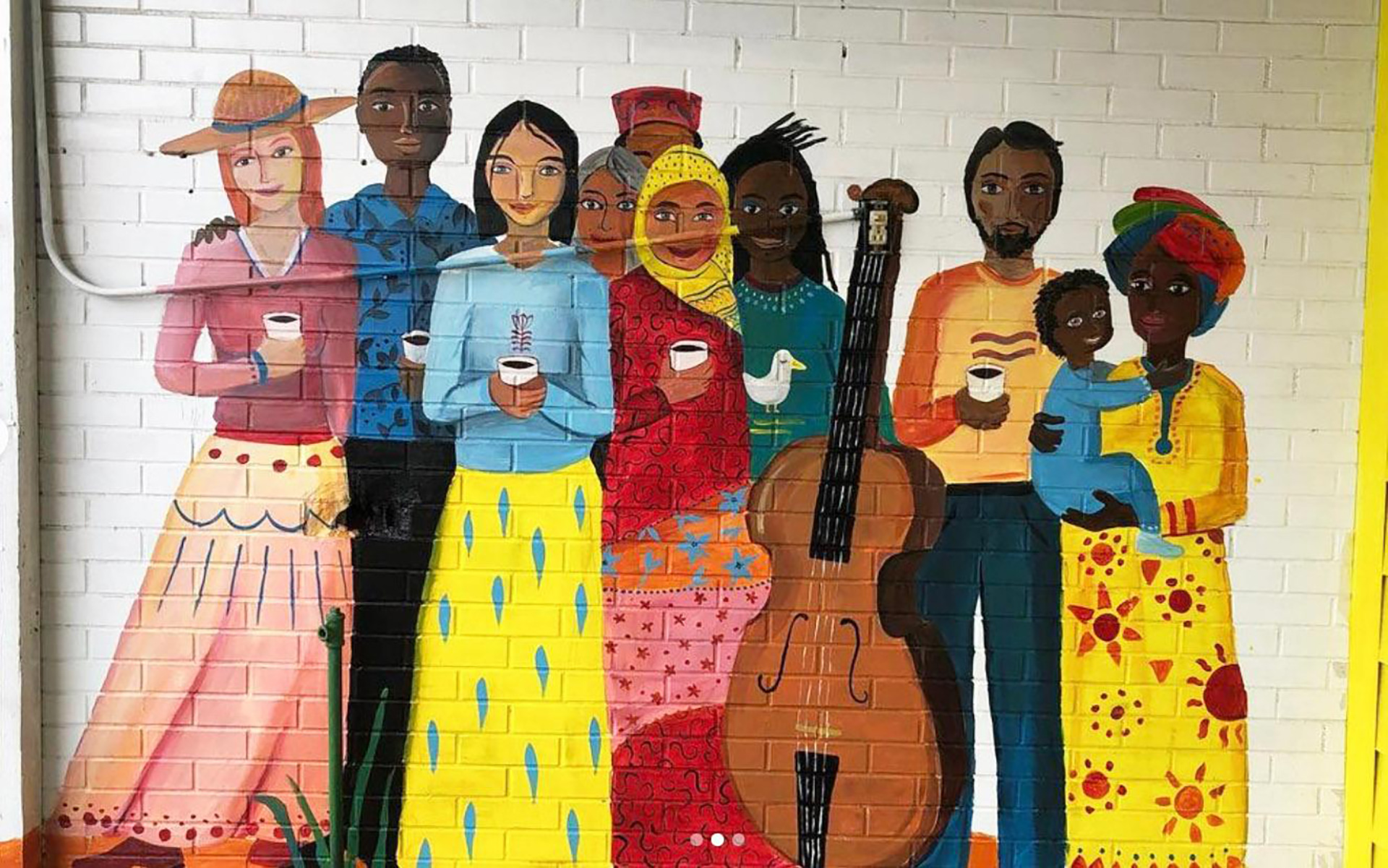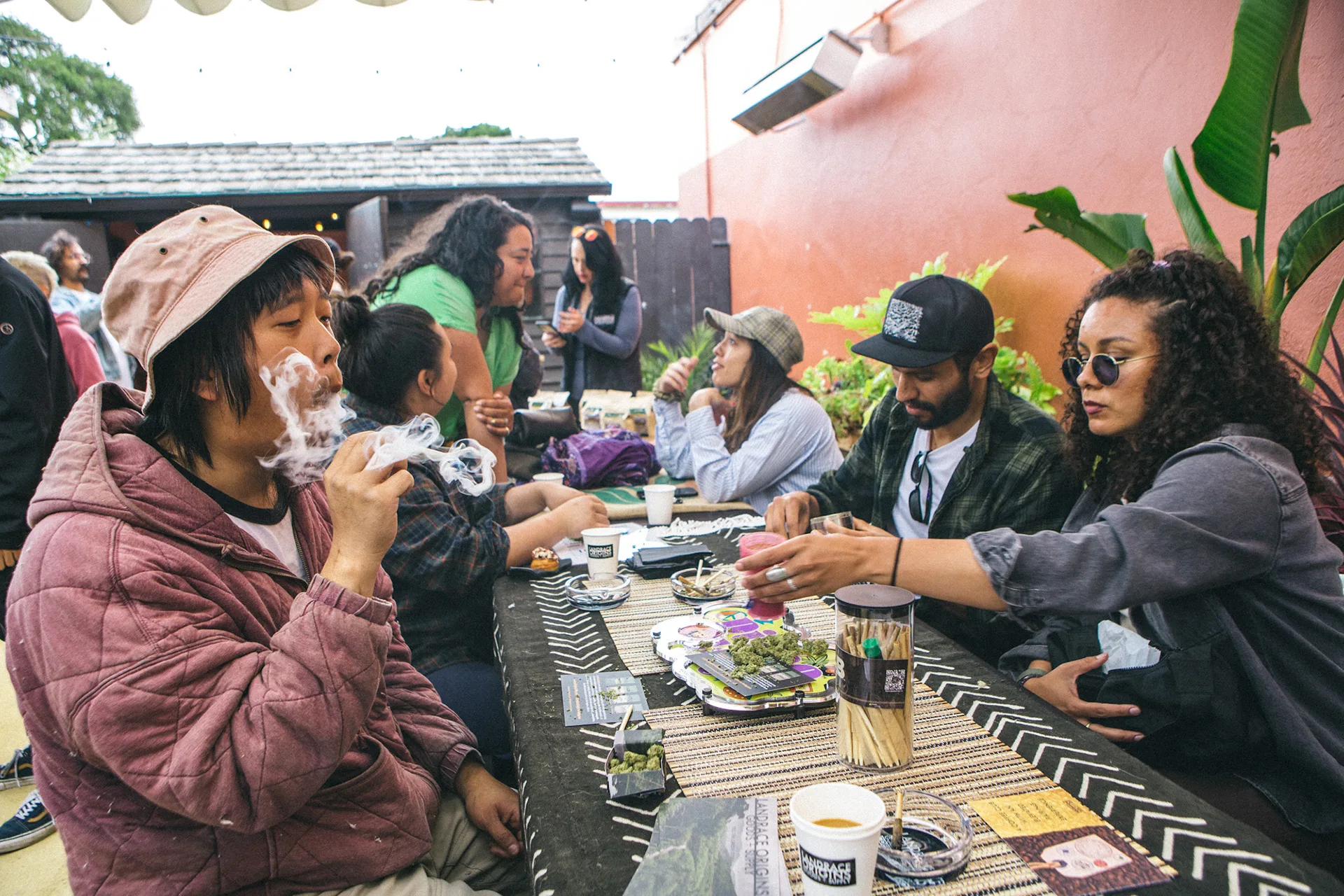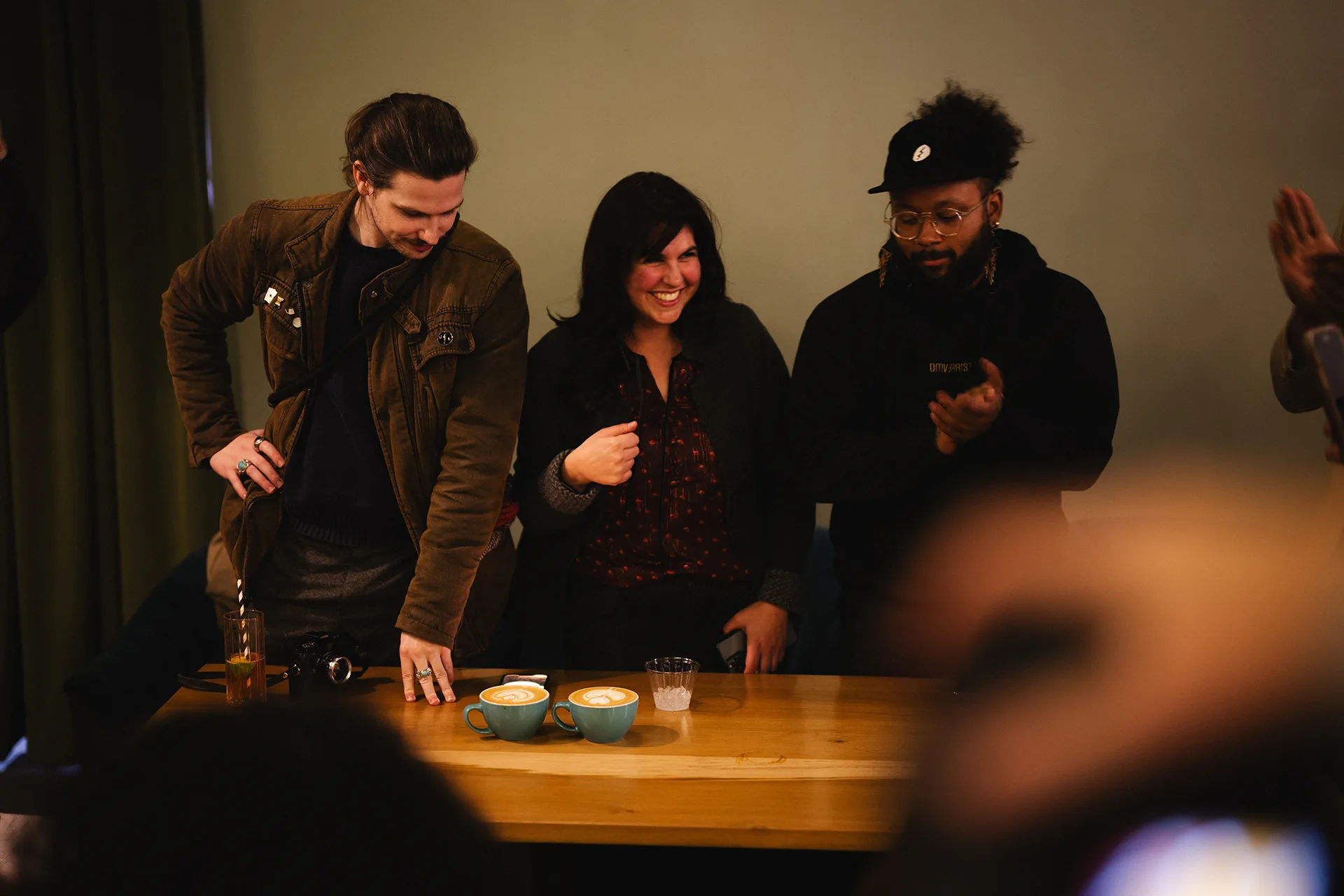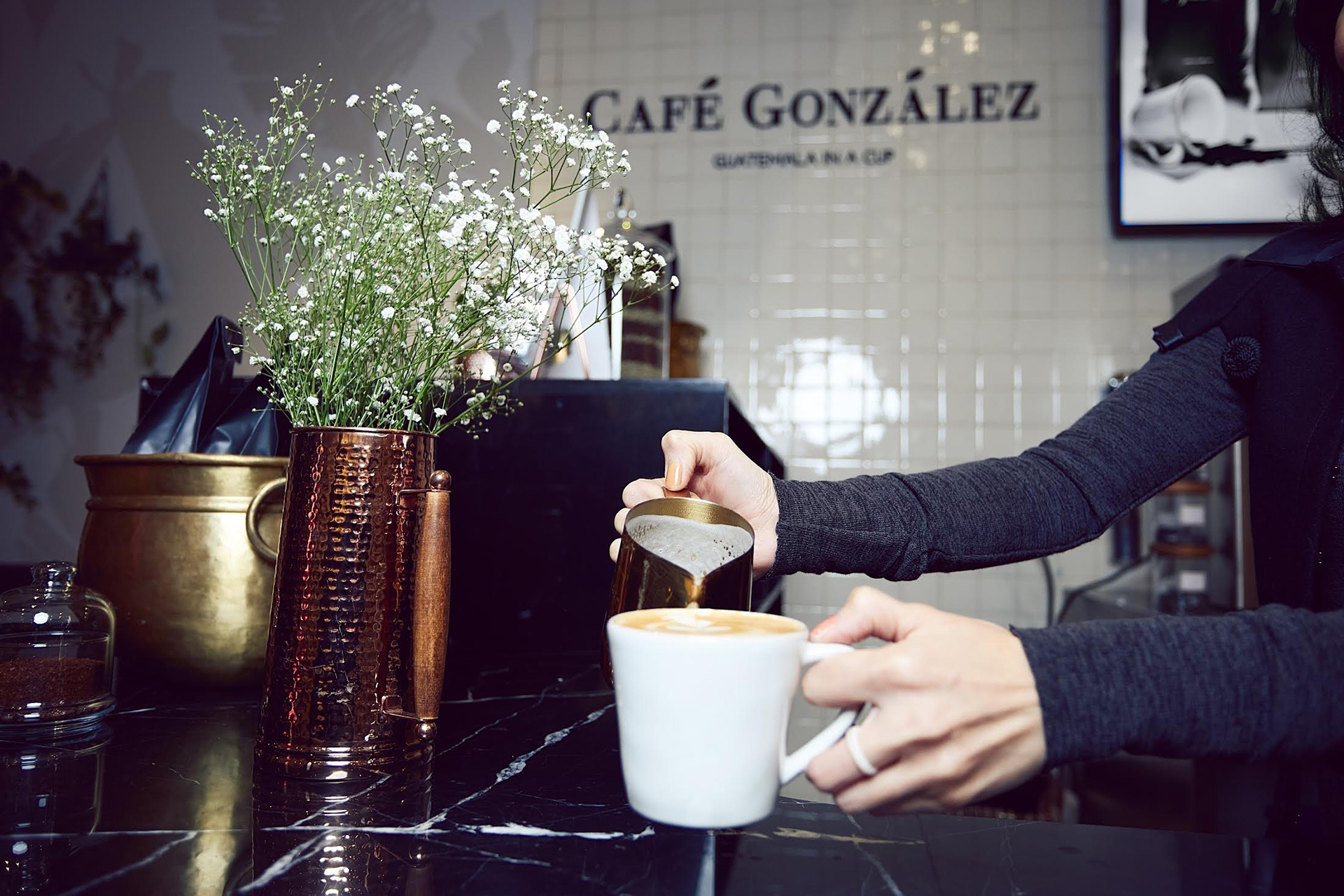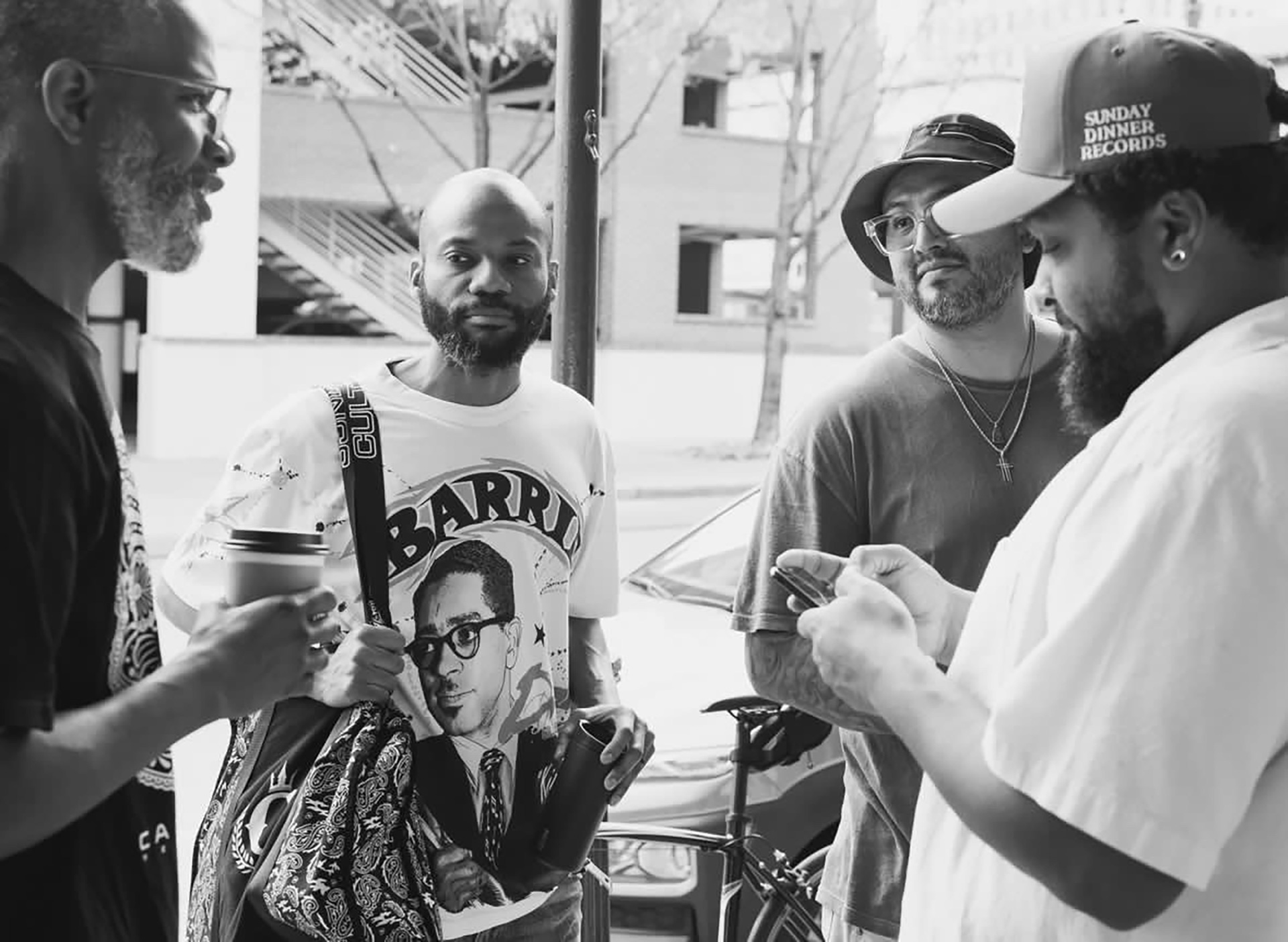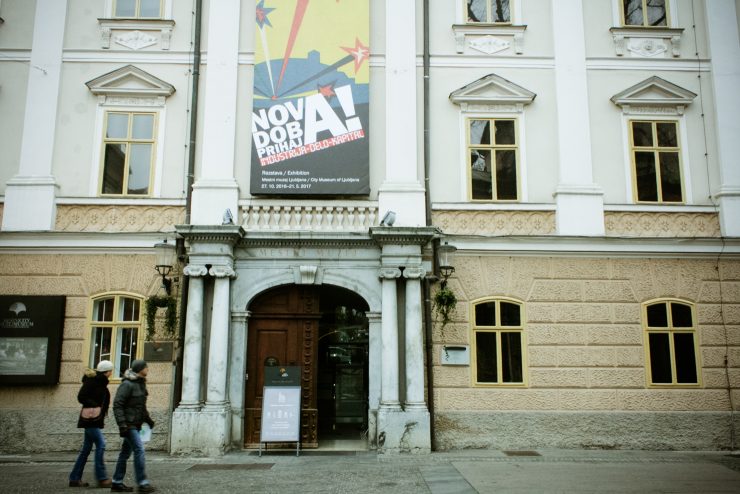
Peter Sevic is enthusiastic about coffee. But not just any coffee. “I’m the guy looking for something special,” he tells me while twirling a glass of yellow bourbon coffee-flower cold brew. “I think Slovenia needs specialty coffee, and it’s time that people knew what good coffee looks like.” Sevic is a jack-of-all-trades at Stow Speciality Coffee, a Ljubljana-based micro-roaster with several cafes in the capital and nearby cities: he’s head barista, oversees coffee training and consulting, and is green-coffee supervisor for the small but determined company. Sevic, along with founder and head roaster Aleš Turšič, is working hard to expand the specialty-coffee options available in Slovenia.
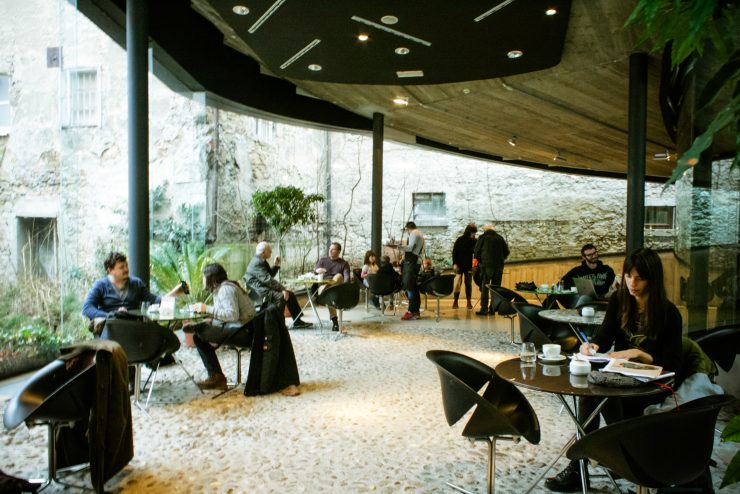 Stow launched two years ago as a roaster. Today, Turšič roasts two tons of coffee a year for Stow’s flagship cafe in the City Museum and several client cafes in the capital. The company is trying to drive the development of specialty coffee in Slovenia by developing coffee-related events and investing in education programs. With that idea in mind, Stow launched a coffee academy, and has trained around 100 baristas, according to Speciality Coffee Association of Europe certifications. “Specialty coffee deserves a special barista who has the knowledge to bring the best out of the coffee,” says Sevic. “I think [lack of knowledge] is the main problem in Slovenia. With our academies we want to change that.”
Stow launched two years ago as a roaster. Today, Turšič roasts two tons of coffee a year for Stow’s flagship cafe in the City Museum and several client cafes in the capital. The company is trying to drive the development of specialty coffee in Slovenia by developing coffee-related events and investing in education programs. With that idea in mind, Stow launched a coffee academy, and has trained around 100 baristas, according to Speciality Coffee Association of Europe certifications. “Specialty coffee deserves a special barista who has the knowledge to bring the best out of the coffee,” says Sevic. “I think [lack of knowledge] is the main problem in Slovenia. With our academies we want to change that.”
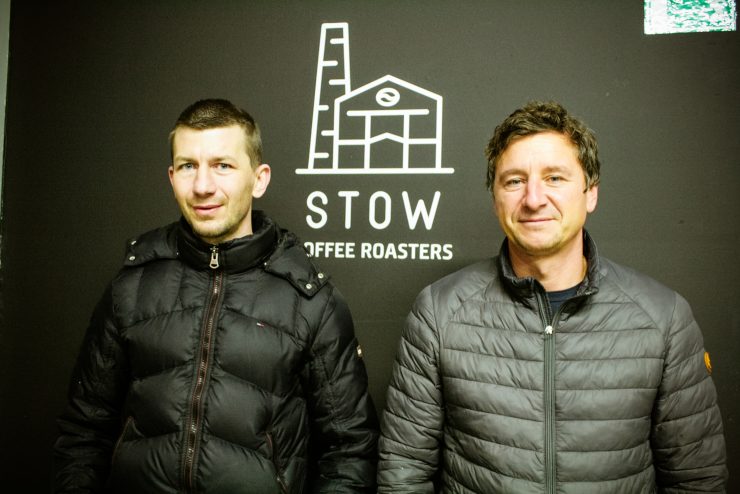 Sevic clearly remembers the moment he discovered there was more to coffee than the watery, over-roasted swill he’d been drinking. When his career as a pro cyclist literally crashed, he started working in hospitality. At the London Coffee Festival in 2006 he met James Hoffmann and tasted some stellar espresso. “It was crazy!” he says, throwing up his hands. “Everything turned upside down in my head, how the coffee looks and how it must taste.” After that, Sevic threw himself into SCAE certifications and convinced his friend Turšič, who worked for a large coffee company at the time, to invest in the multifaceted specialty-coffee business that Stow has become.
Sevic clearly remembers the moment he discovered there was more to coffee than the watery, over-roasted swill he’d been drinking. When his career as a pro cyclist literally crashed, he started working in hospitality. At the London Coffee Festival in 2006 he met James Hoffmann and tasted some stellar espresso. “It was crazy!” he says, throwing up his hands. “Everything turned upside down in my head, how the coffee looks and how it must taste.” After that, Sevic threw himself into SCAE certifications and convinced his friend Turšič, who worked for a large coffee company at the time, to invest in the multifaceted specialty-coffee business that Stow has become.
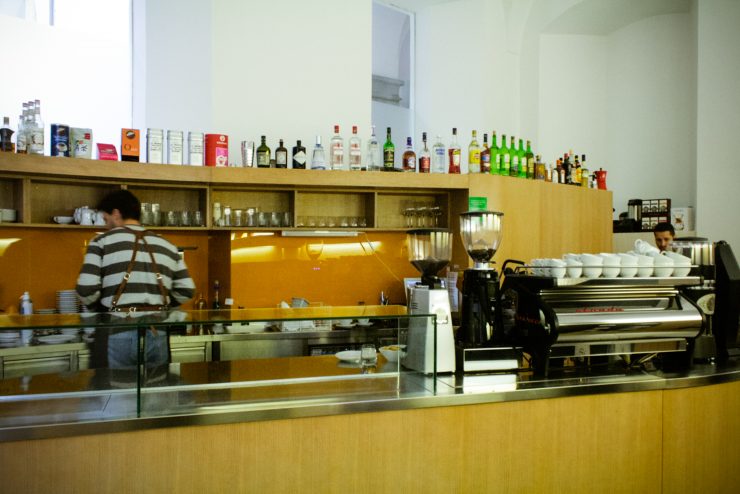 Sevic and marketing intern Anja Kozel were busy preparing for their second Stow Coffee Festival when I met up with them at Stow’s modern wood-and-glass location on the City Museum’s garden level. With a lineup that includes espresso and brew bars, barista battles, latte art, and AeroPress competitions, and conferences by international coffee experts, the festival has ambitions to one day stand on its own as a reference in the region. Participants were expected from ex-Yugoslavian region countries Croatia, Macedonia, and Serbia, as well as Hungary and the Czech Republic.
Sevic and marketing intern Anja Kozel were busy preparing for their second Stow Coffee Festival when I met up with them at Stow’s modern wood-and-glass location on the City Museum’s garden level. With a lineup that includes espresso and brew bars, barista battles, latte art, and AeroPress competitions, and conferences by international coffee experts, the festival has ambitions to one day stand on its own as a reference in the region. Participants were expected from ex-Yugoslavian region countries Croatia, Macedonia, and Serbia, as well as Hungary and the Czech Republic.
Sevic is a firm believer that friendly competition is the only way to grow the specialty coffee scene in Ljubljana. “If you establish competitions in your country, things will go much faster because someone who wins a competition will go on to open their [own] coffee shop,” he says. Though Sevic would eventually like Stow to stand out as having one of the most complete specialty offerings in Slovenia, if not in Europe, he doesn’t want it to stand alone. “Put[ting] a community together and growing relationships between other guys from specialty in Slovenia, that’s the way to grow the scene,” he says.
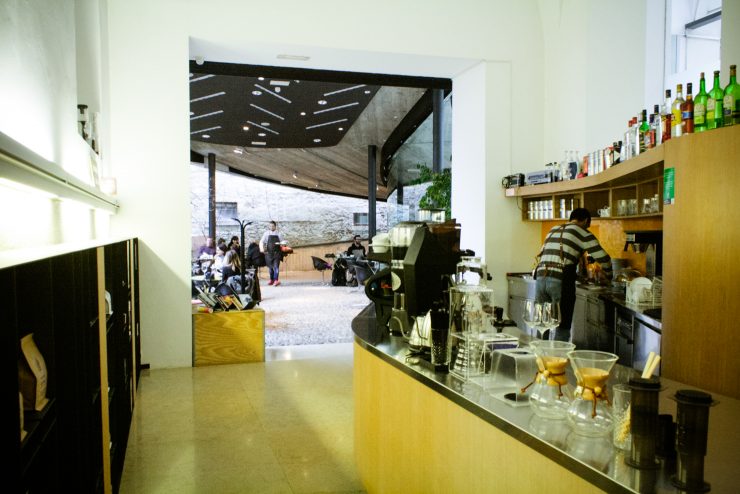 Next year, Stow plans to add an intermediate-level barista training program and open a second cafe in Maribor, an industrial city to the east, located in a historic wine region. Sevic’s other big project for 2017 is switching all coffee buying to direct-trade only. Currently, Stow sources some coffee direct from farms like Coffea Diversa, Finca Belgravia, and Café Inmaculada, but most comes through importers Falcon Coffees, Panama Varietals, and Cafe Imports. His hope is to give aspiring Slovenian coffee professionals the best tools to make a distinctive final product. “I want Ljubljana to be on the map like Budapest, Berlin, and other cities, because if it works [there], why wouldn’t it work here?”
Next year, Stow plans to add an intermediate-level barista training program and open a second cafe in Maribor, an industrial city to the east, located in a historic wine region. Sevic’s other big project for 2017 is switching all coffee buying to direct-trade only. Currently, Stow sources some coffee direct from farms like Coffea Diversa, Finca Belgravia, and Café Inmaculada, but most comes through importers Falcon Coffees, Panama Varietals, and Cafe Imports. His hope is to give aspiring Slovenian coffee professionals the best tools to make a distinctive final product. “I want Ljubljana to be on the map like Budapest, Berlin, and other cities, because if it works [there], why wouldn’t it work here?”
Kate Robinson (@KateOnTheLoose) is a freelance journalist based in Paris. Read more Kate Robinson on Sprudge.








